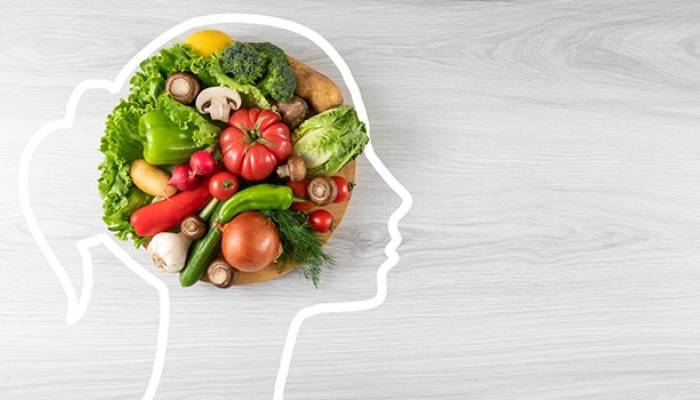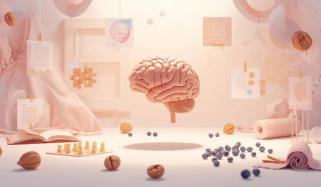
A new study revealed that a diet rich in leafy greens, seafood and nuts may help prevent Alzheimer’s disease.
The study published in the journal Neurology also revealed that iron-rich food can help in combating anemia, a blood disorder that impacts one in 10 older adults.
The condition is caused by low haemoglobin, a protein in red blood cells that carries oxygen to the brain and other organs.
Lead author Professor Mohammad Arfan Ikram, of Erasmus Medical Centre in Holland, said in a statement, noting, "With around 10 per cent of people over age 65 having anaemia in the Americas and Europe and up to 45 per cent in African and southeast Asian countries, these results could have important implications for the burden of dementia."
He added, "Especially as the prevalence of dementia is expected to increase threefold over the next decades, with the largest increases predicted in the countries where the anaemia rate is the highest."
Foods rich in haemoglobin-boosting iron include meat, soy products like tofu, dried fruits such as dates, eggs and seeds.
The study found that people with anaemia were 41% more likely to develop Alzheimer’s disease, the most common type of dementia.
It tracked 12,305 individuals, averaging 65 years old who were dementia-free at the start over a span of 12 years.
Their haemoglobin levels were measured at the start of the study.
Participants were divided into five groups on the basis of their haemoglobin levels. Those with the most were 20 percent more likely to develop dementia as compared to the middle group.
While, those with the least were 29 percent more vulnerable than those with average amounts.
However, researchers need further studies to determine the role of haemoglobin.















